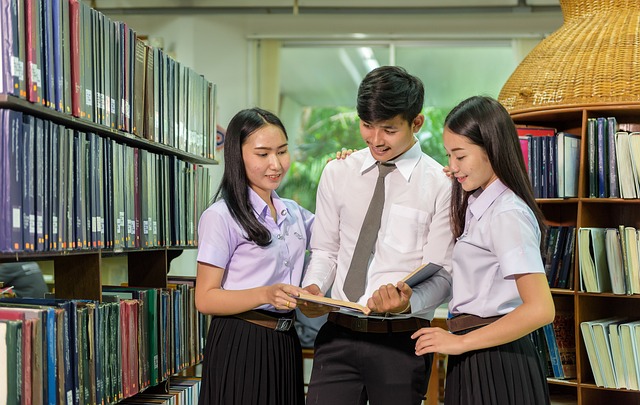
Paraguay - According to the final results of the 2022 Population and Housing Census released by Paraguay's National Institute of Statistics (INE), the proportion of the population with no education decreased from 9.7% in 2002 to 3.1% in 2022, indicating an overall improvement in the level of education over the past 20 years.
Out of the 5,644,232 individuals aged 5 and over, 97.0% were found to be currently enrolled in or have graduated from formal educational institutions. Examining the distribution by educational level, those who completed primary education (grades 1-6) accounted for the largest share at 35.3%, followed by those who completed secondary education (grades 7-12) at 24.6%, and those who completed higher education (university and non-university) at 19.3%. Notably, the proportion of secondary education graduates significantly increased from 11.8% in 2002 to 22.6% in 2022, demonstrating improved access to education and increased academic attainment among the Paraguayan population.
However, despite these positive changes, challenges remain in terms of educational equity and accessibility. In particular, rural areas continue to experience significant educational disparities due to a lack of educational infrastructure, with many children and adolescents learning without proper educational facilities. In urban areas, the proportion of the population with 1-6 years of education was 21.4%, while in rural areas, it was 45.9%, indicating a clear difference in access to education.
The average years of schooling for the population aged 15 and over has also steadily increased over the past 30 years, rising from 5.2 years in 1992 to 9.8 years in 2022. By gender, the average years of schooling for women (10.0 years) was slightly higher than that of men (9.7 years). By region, Asunción had the highest average years of schooling at 12.6 years, followed by the Central region at 10.8 years. In contrast, Presidente Hayes, Boquerón, and Alto Paraguay regions had the lowest average years of schooling at 8.0 years, 7.8 years, and 7.8 years, respectively.
Paraguay's Ministry of Education and Sciences is implementing various policies to address this educational imbalance. In particular, the school feeding program 'Zero Hunger (Hambre Cero)' encourages the continuation of studies not only for primary school students but also for secondary school students. Minister of Education and Sciences Luis Ramírez stated, "We will focus on reducing the high dropout rates in secondary schools, especially in rural areas." Additionally, a personalized telephone tutoring program is being operated for students in grades 4-6, focusing on improving their reading and writing skills.
[Copyright (c) Global Economic Times. All Rights Reserved.]




























